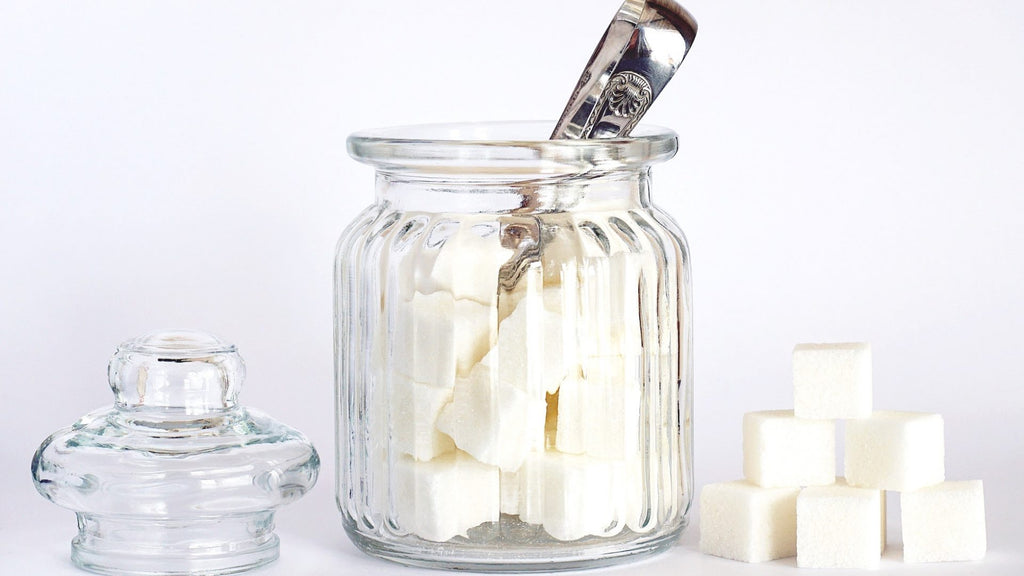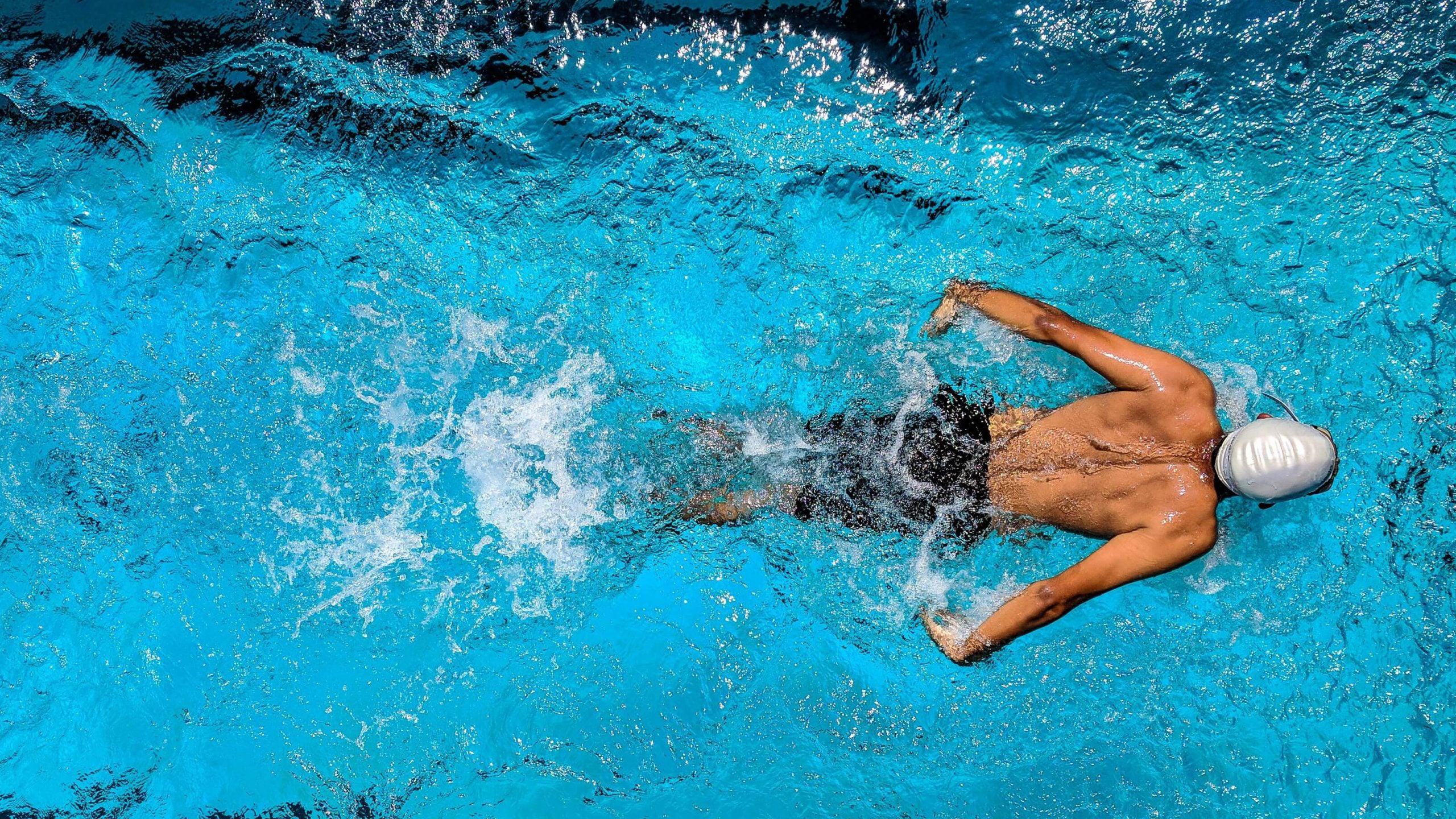Many people wonder: If you fast, won't your body start burning more muscle to produce glucose? Will this cause you to lose muscle mass? Or does muscle mass remain intact during therapeutic fasting ? We want to provide clarity in this article.
Muscle loss during fasting
We all know how much hard work building muscle takes. Of course, we don't want everything to be in vain and for us to lose the hard-earned muscle mass while fasting. But no other topic surrounding therapeutic fasting is as controversial as the question “Do you actually lose muscle mass when fasting?”

Do I lose muscle mass while fasting?
The truth is: muscle loss can occur during fasting. However, to a much lesser extent than many initially fear. However, the extent to which muscle loss occurs depends on a variety of factors. The type of fasting and the duration of fasting are central. But before we think about it more, let's understand what exactly happens in the body when fasting. To do this, let's take a look at the phases of energy production during Lent.
Phase 1: Glycogen metabolism
On the first day of fasting, you may notice that the body initially begins to burn carbohydrates (sugar) for energy. When food intake ends, the food present in the digestive tract is first used. In this phase we are in glycogen metabolism. However, the body has a limited ability to store sugar. If no new food is consumed after about 24 hours, the body switches to burning fat.

Phase 2: Switch to fat metabolism
In phase 2, the body switches from glycogen to fat metabolism. In order for this to succeed, the body must produce ketones . Ketones are certain enzymes that are used as an energy source when there is a restriction in carbohydrate intake and glucose is not easily accessible. These ketones allow the body to rely on fat for energy. Once enough ketones have been formed, the body draws energy from fatty tissue.
Phase 3: Fat burning phase
This phase is also called the intensive fat burning phase. During this time, the body gets 95-97% of its energy from burning fat. The majority of our daily driving force comes from the breakdown of fatty tissue. The body gets the remaining 3-5% from the proteins in the muscles. If you take a closer look, you can see that the equivalent of around 100 kcal per day is derived from proteins. This corresponds to a daily loss of 20-25 grams of muscle mass, so a really manageable proportion. Phase 3 can last as long as the person has their own fat reserves available. It is therefore not advisable to fast for longer than four weeks without medical supervision. Because as soon as phase 3 is over, we no longer talk about therapeutic fasting, but rather about starvation, which can lead to starvation.

Muscle loss when fasting: not so bad
If you only fast for a few days and exercise enough to strain your muscles every day, you don't have to worry about muscle loss. Especially if it's a juice fast or carbohydrate-modified fast, where you're still putting limited calories into your body. But of course it depends on the goal. If you are currently training for a competition and want to build muscle mass, then fasting is not the most recommended nutritional strategy at your time. If you want to get to know the many benefits of fasting, such as autophagy (the body's own self-cleaning process), then fasting with an adapted nutritional plan is definitely worth considering.
How can I prevent muscle loss while fasting?
Just like in everyday life, you can easily counteract the loss of muscle mass by getting enough exercise. We're not talking about extreme competitive sports that push you to your limits, but rather about daily activity like walking, cycling, yoga or moderate strength training. Scientists have been able to prove that fasting in combination with moderate endurance and strength training has positive effects on the body: Contrary to popular belief, there was no muscle loss. An increase in muscle strength could even be demonstrated in certain parts of the body.












